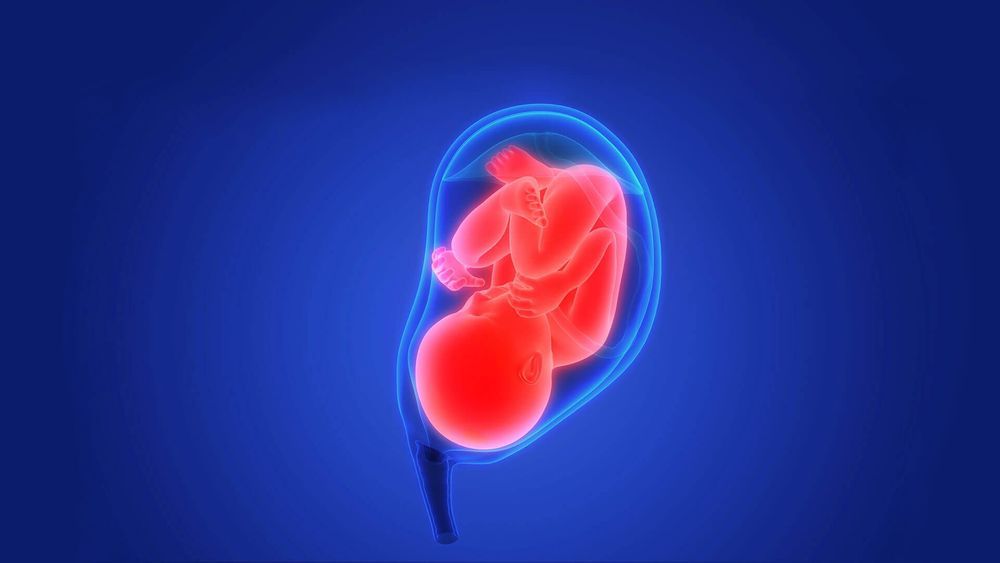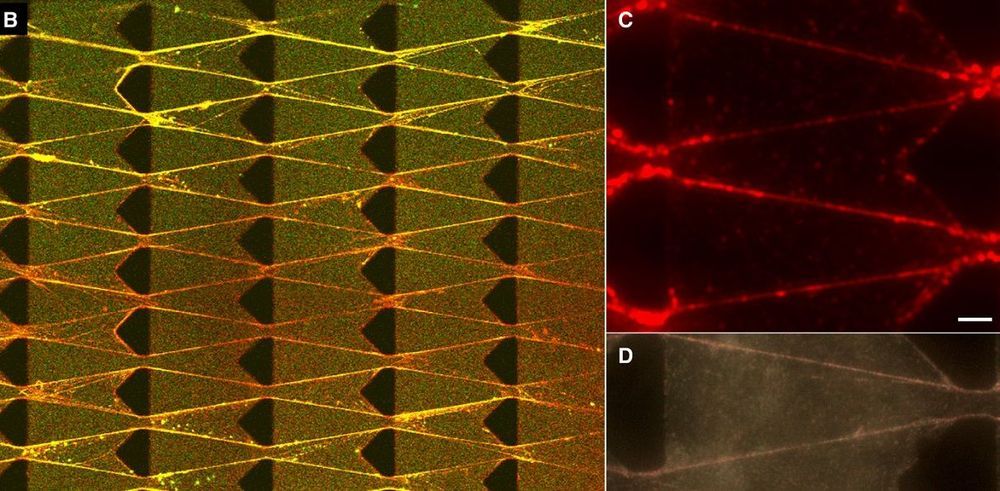When someone’s especially cooperative, don’t thank their easy-going nature, but give credit to their brain. A team of New York University psychologists hypothesized that cooperation depends on the dorsolateral prefrontal cortex (DPC), an area of the brain in the frontal lobe involved in regulation control and goal pursuit; after all, cooperation often requires reigning in one’s naughty impulses to take everything for themselves. To test their theory, the researchers conducted an experiment involving participants with brain damage to the DPC—and discovered someone who would not cooperate at all.
For the study, published last year in the journal Social Cognitive and Affective Neuroscience, the researchers recruited 26 healthy control participants alongside 33 participants with brain damage: eight who had frontal-lobe damage, 14 with amygdala damage, and 11 with damage in other areas of the brain. The participants were split into groups of four, and then put through 20 rounds of a decision-making scenario where each person was given $8 and told they could keep it for themselves, or share it equally with the group. After each round, the participants saw whether the others in their group chose to share. Overall, participants cooperated by sharing their money 38.5% of the time.
More interestingly, participants with damage to their DPC were more likely to keep the $8 for themselves. “Overcoming that intuition to be selfish requires them to regulate their response,” says Jay Van Bavel, a professor of psychology at NYU, and one of the study authors. “You just reach and grab for the money whenever you can take it. As people had more damage to their DPC, they were more likely to be selfish.”








